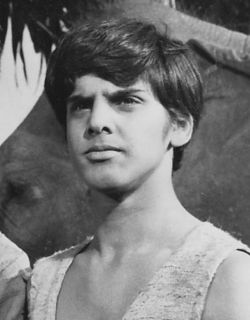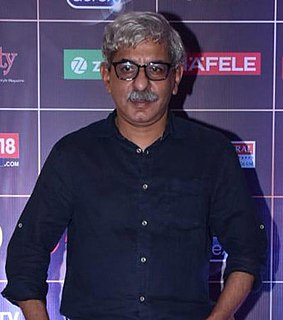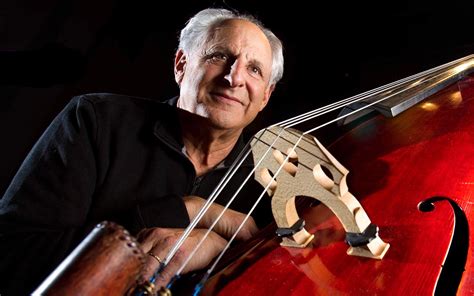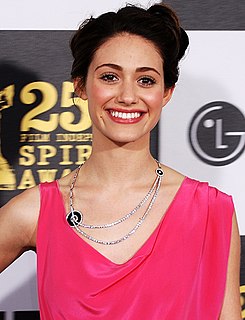A Quote by Paul Haggis
You don't make a film because the audience is ready for it. You make a film because you have questions that are in your gut.
Related Quotes
I don't make movies. I don't feel that I have to have artistic control. Part of this comes from the fact that the book lives on no matter what Hollywood does to your novel in terms of a film. Now, you try to be careful who you allow to do your film because nobody wants their novel to become a turkey movie. But, on the other hand, it is a crapshot anyway, because even the best people can make a bad film.
I can understand that an audience, buying a ticket to see a picture of mine, wants to see something funny because they feel confident that at least I have a fighting chance to make a funny film when I make a film, whereas if I make a dramatic film there's one chance in a thousand that it's really going to come out great, so I understand how they feel about that and they're completely right.
The one mistake you must never make is to agree to make a film or sign on to film that you don't believe in. Most importantly because it's unfair on that. It's not about you; it's just not fair on that project because you're doing it a profound disservice because you're not serving it - you're uncommitted, ultimately.
If you make a film, that magic is not there, because you were there while shooting it. After writing a film and shooting it and being in the editing room every day, you can never see it clearly. I think other people's perception of your film is more valid than your own, because they have that ability to see it for the first time.
For me, as a film goer, I like nothing more than to sit in the cinema, have the lights go down and not know what I'm about to see or unfold on-screen. Every time we go to make a film, we do everything we can to try to systematise things so we're able to make the film in private, so that when it's finished it's up to the audience to make of it what they will.
Theater is such a different ballgame than film. And that's really why I stayed in film, because I really love the reality of connecting with your own feelings, and really putting that across in a realistic way. In film, the smallest muscular movements in your face, that are produced just by sheer feelings, you're not controlling them in anyway, can be seen by people in the audience because your face is sometimes, frighteningly, 40 feet wide!



































